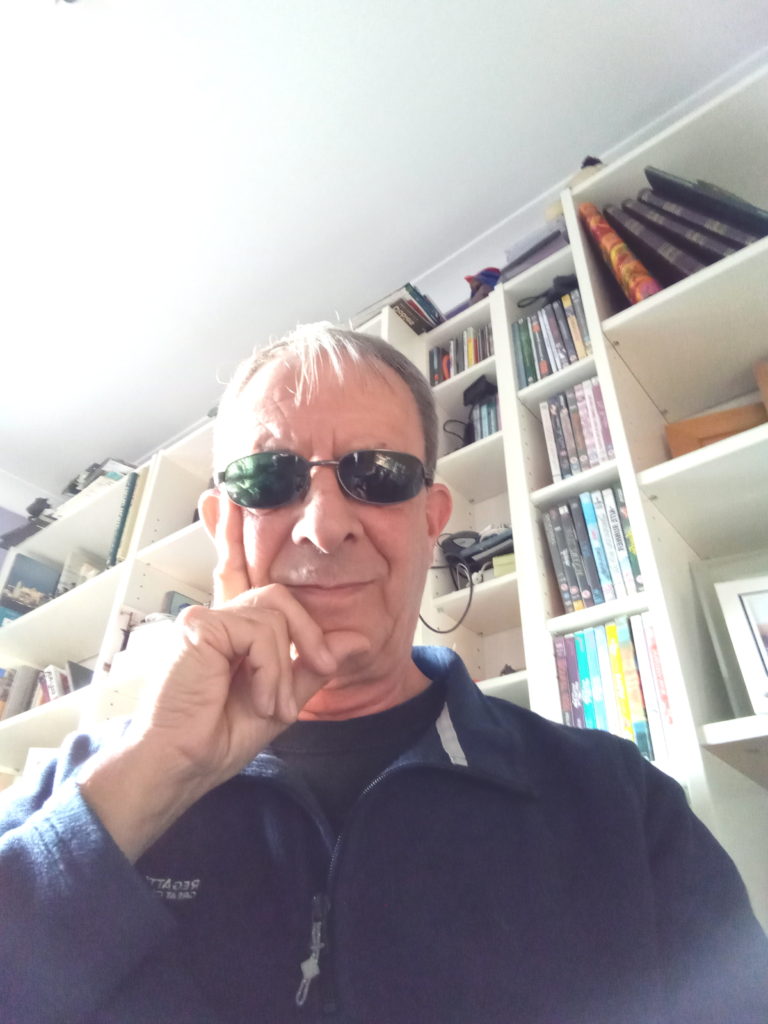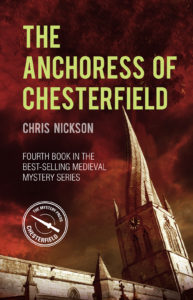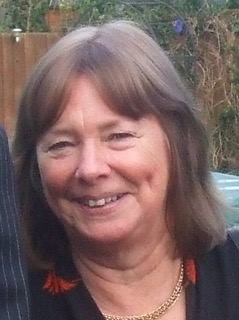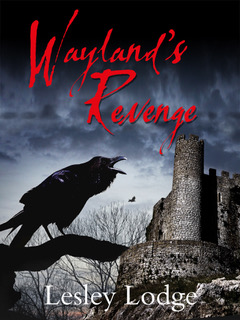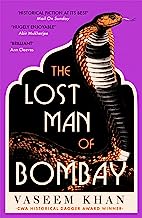
The Lost Man of Bombay is the third in the Malabar House series set in Bombay 1950, featuring the intrepid Inspector Persis Wadia.
The discovery of the body of a white man found frozen in the foothills of near Dehra Dun plus two new murders of Europeans within days of each other grips the imagination of the city. As the first – and only – female police inspector, Persis Wadia has her work cut out for her. Not everyone is happy with the results of her research. Her investigation links the three deaths but she is missing vital clues, hindered by misogynist Inspector Oberoi, and aided by Met Police criminologist, Archie Blackfinch. As she fights the mutual attraction between her and Archie, she puts her own life on the line before resolving the mystery.
With a deft hand, Khan recreates the world of India, post partition and British rule, in which the first female police inspector fights her own demons and prejudices. The balance of the personal and political is masterfully handled, perfectly interwoven in the intricate plot involving religious hypocrisy, family dilemmas, racial tensions and historical wrongs. If, like me, you enjoy solving clues and codes, you’ll love this series. The vibrancy of the city, the interplay of cultures and perfect characterisation make for a fascinating read.
The Lost Man of Bombay is published in hardback, paperback and ebook by Hodder & Stoughton. The previous two titles are Midnight at Malabar House – Winner of the CWA Historical Dagger 2021 – and The Dying Day.
Vaseem Khan was born in Newham but spent ten years working in India as a management consultant. As well as the Malabar House series, he is the author of the Baby Ganesh Agency series, of which the first book, The Unexpected Inheritance of Inspector Chopra was a Times bestseller, translated into 15 languages.

